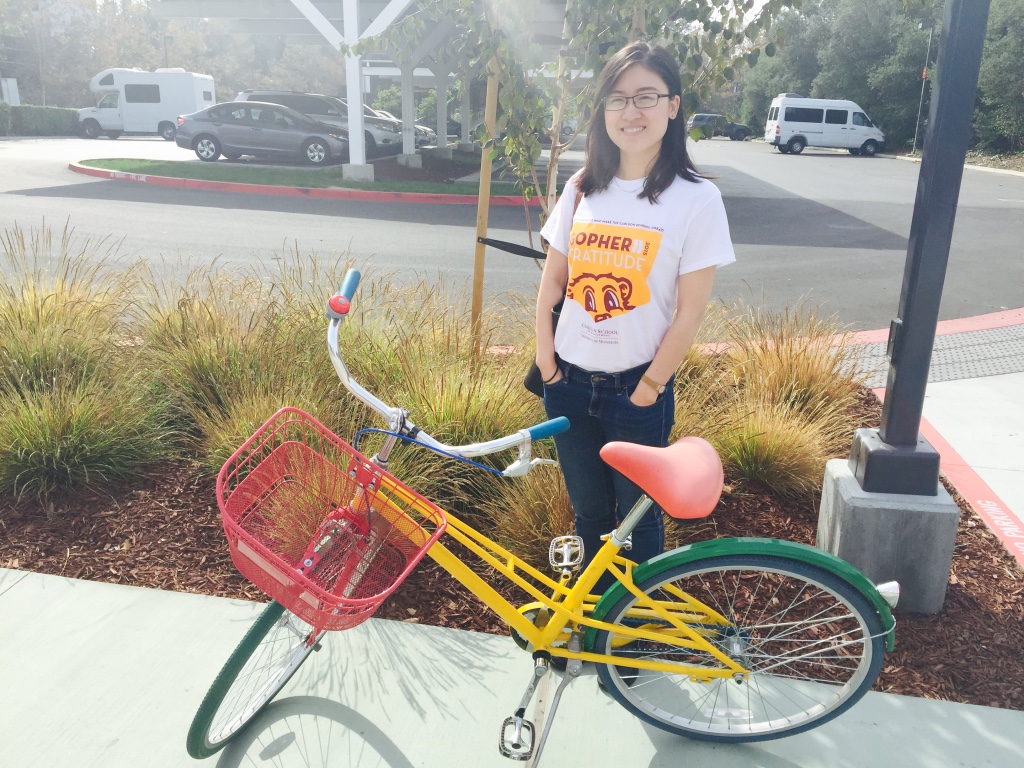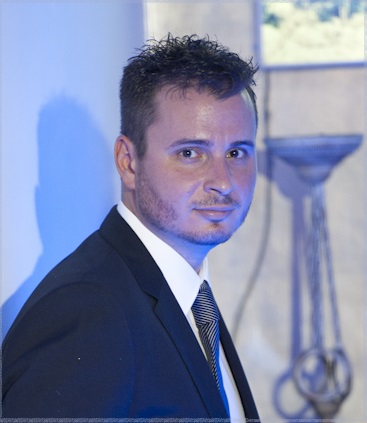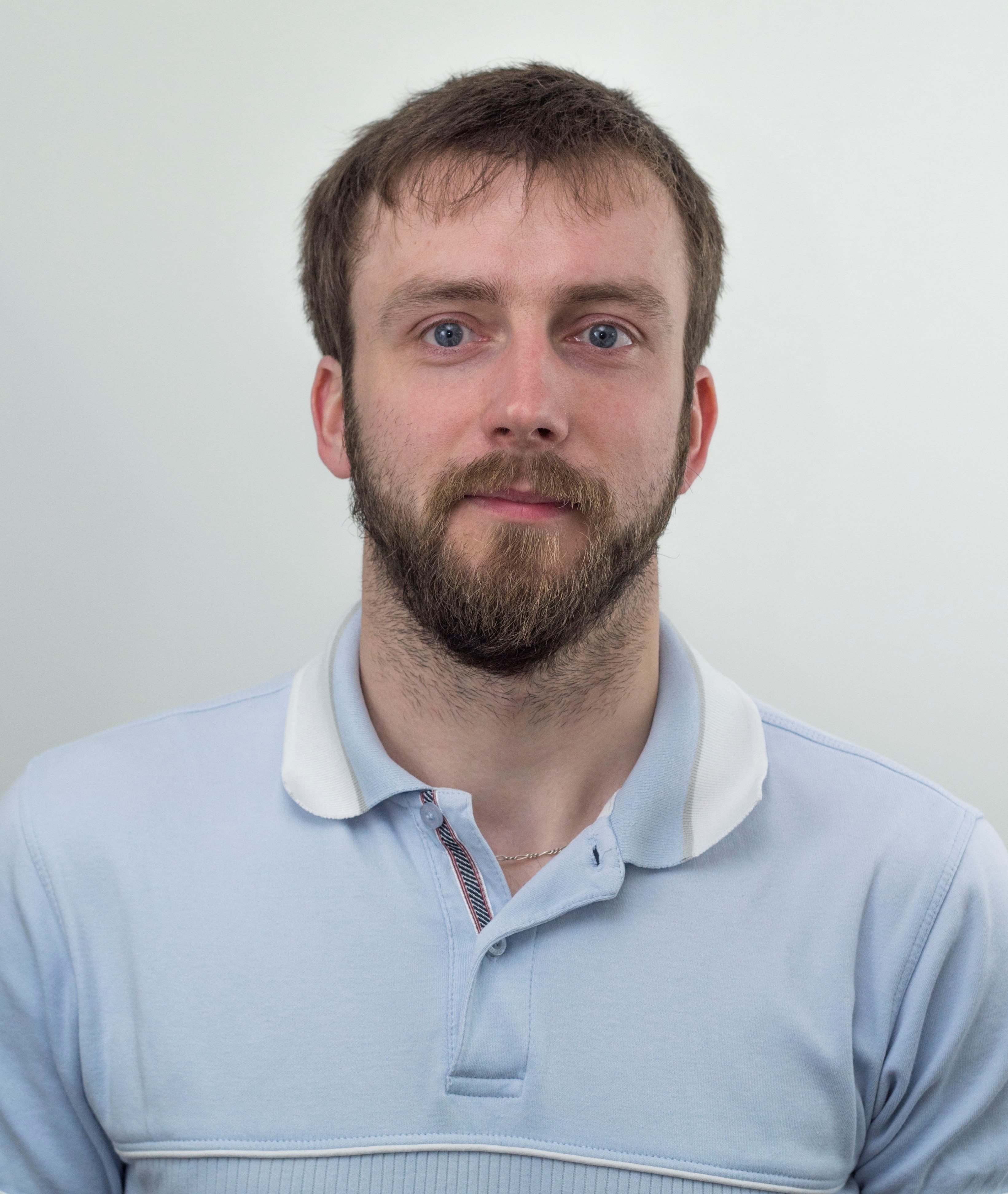Understanding Economics Analysis
This Master's Programme in Economics is designed to equip you with the analytical tools you will need for work in the field of Economics. The specific objective of the programme is for you to acquire tools for economic analysis and to apply these in policymaking in the public and private sectors. You will develop advanced skills in terms of a solid knowledge in economic theory – in particular microeconomic theory and quantitative methods – for understanding and analysing economic problems. These skills are essential for a practising economist in many applied fields.
Solid training in research is emphasised through the requirement of thesis work. In the writing of the thesis, you will demonstrate and practise your ability to integrate economic theory and methods in a context raised by the research question.
If you have a degree focused on Economics or Finance and wish to further your understanding of how economic policy affects society, then you are strongly encouraged to apply. Since the programme includes the composition of a thesis, it is ideal for you if your intention is to pursue research or if you aim to demonstrate to potential employers an ability both to understand economic theory and methods, and to integrate these into real-life situations.
What will you study?
Programme Overview
The programme is a one-year Master’s in Economics. It comprises 60 credits (1 credit = 1 ECTS) and it starts in the beginning of September, which is the start of the autumn semester.
The programme focuses on applied microeconomic analysis. All courses and supervision are given in English. The first semester (autumn) of the programme is composed of four courses. The second semester (spring) includes two courses and a Master’s thesis of 15 credits in Economics.
Semester 1 (Autumn)
- Mathematics for Static Analysis in Economics (NA3008)
- Applied Microeconomics (NA3001)
- Econometrics (NA3011)
- Economics of Leadership (ANA235)
Semester 2 (Spring)
- Advanced Microeconomics (NA3005)
- Welfare Economic Analysis of Public Policy (NA3007)
- Master Thesis (NA3010)
Degree Awarded
Upon completion of the programme, you will be awarded a Master's of Science in Economics.
After graduation (work and further study options)
Career Opportunities
Upon completion of the programme, you will be prepared for staff and managerial positions in the public and private sectors that require the integration of microeconomic analysis and advanced quantitative methods.
Your career opportunities in the private sector include consultant, trading expert, financial advisor and analyst. Opportunities in the public sector may be found within education and NGOs.
Studying a PhD in Economics
This programme will also prepare you for advanced studies in PhD programmes in Economics at universities in Sweden.
Stay in Dalarna and look for a job after graduating
You can apply for a 12-month residence permit to stay in Sweden and look for work after you complete a degree programme of at least 60 credits. International students are encouraged to stay in Dalarna and look for a job after graduating from the Master's Programme in Economics.
Using your degree overseas
The degree awarded by Dalarna University for this programme is internationally recognized and has been used by previous students to attain employment or pursue further studies outside of Sweden.
You can also apply to receive an Erasmus+ grant for an internship, even up to 12 months after completing your studies. This opportunity is available to all students in the programme, regardless of nationality, who pursue an approved internship within an Erasmus+ programme country other than Sweden.
Check if you are eligible to study this programme
Entry Requirements (August 2024)
- A Bachelor degree comprising of at least 180 credits (ECTS equivalent) with a major in Economics, Mathematics or an Engineering programme with a quantitative or mathematical orientation or equivalent knowledge.
- Proof of English language proficiency equal to an IELTS result of 6.5 overall with no part of the test below 5.5. In some cases your previous studies may fulfill the English proficiency requirement.
Documents to submit when applying:
- Proof of a completed bachelor’s degree, equal to a Swedish bachelor's degree in one of the approved subject areas. It is also possible to apply if you are currently completing the final year of studies leading to such a degree.
Tip: Be sure to read the information specific to the country where you previously studied to know how to submit the appropriate documents. - Proof of English language proficiency equal to an IELTS result of 6.5 overall with no part of the test below 5.5
In some cases your previous studies may fulfill the English proficiency requirement.
Tip: Please check the University Admissions information on English Language Proficiency to see if you are required to submit a TOEFL or IELTS test result.
What can you expect when studying this programme?
Study Environment
Dalarna University is a small university, which will allow you to develop personal relationships with your classmates and teachers. You will study at the campus in Borlänge, which is located close to the region's largest shopping centre. Borlänge is situated 10 kms from Romme Alpin Ski Resort.
Typically, there are 10-15 students in each class in the Economics Programme. Lessons include lectures, individual and group discussions and presentations, study visits and an examination or essay. You will normally have up to ten hours of classes a week, as well as 20 to 30 hours of individual reading and writing assignments, and group projects.
Since the programme admits only a small number of students, you will easily get to know your classmates and be involved with activities in and around Dalarna and Sweden with new-found friends.
Feedback from former students:
Yueying Li, China
 I got to know Dalarna University through a family friend who had studied there as an exchange student. I heard wonderful things about the quality of the education through him and it indeed met my expectations.
I got to know Dalarna University through a family friend who had studied there as an exchange student. I heard wonderful things about the quality of the education through him and it indeed met my expectations.
One of the best parts about studying at Dalarna University is the diversity. The department constantly invites and collaborates with professors from other top universities and research institutions, which infuses various academic and professional perspectives into the program. Studying and working with professors from diverse backgrounds grants students opportunities to dive into different realms in Economics. Furthermore, students are able to creatively work on their degree projects with their own supervisors. For me, the experience was absolutely unique and irreplaceable. I was inspired by how passionate the professors were about their research, and learned to keep seeking different ways to tackle real-world problems.
The relationship between students and professors here is rather sincere and relaxed. Also, outside of the class, I was always surrounded by amazing peers from all over the world. It was an indispensable part of my life that made my experience complete as an international student. We cooked together, partied together, played sports together, and walked all the way from Borlänge to the downtown of Falun together. I harvested invaluable memories and friendship from the days we spent together. Although the farewell finally came, I was just so grateful that we met. They taught me how to be a good member of the multi-cultural community. "International student" is not an identity, but a perspective.
The master program in Economics equipped me with not only fundamental knowledge in this field, but also strong quantitative skills and communication skills, which enabled me as I studied to be a data scientist at one of the best business analytics programs in the US: The MSC in Business Analytics at Carlson School of Management. Now I am working at an IT consulting firm as a data scientist to help businesses make better decisions every day in the U.S.
I would gladly recommend this program and Dalarna University to people who are eager to interact with sincere classmates and professors who are always willing to lend a helping hand, who are interested in learning fundamental theories as well as practical skills, and who want to share in the culture of Scandinavia.
Nikos from Greece
 I always wanted to study abroad. Since I had already a Bachelor degree in Accounting, I was searching for a Master programme. Finally, I decided to apply for the Master programme in Economics at Dalarna University and I have to say that it was an experience that I will never forget.
I always wanted to study abroad. Since I had already a Bachelor degree in Accounting, I was searching for a Master programme. Finally, I decided to apply for the Master programme in Economics at Dalarna University and I have to say that it was an experience that I will never forget.
I joined the programme in January 2013 and I graduated on January 2014. During this year I received great knowledge, I met people with different cultures from all over the word, I made new friends and most of all I improved my English.
I was very impressed with the organization of the campus and its staff. Everybody were very friendly and were always there to solve queries and to provide their help. Furthermore, I was really impressed with the relationship between students and teachers, which was very progressive and efficient. In Sweden, you always feel free to ask questions and get the advice you need.
The transportation in Dalarna is very convenient. Every 15-20 minutes, buses and trains connect all the cities of the Region. You can easily get to Stockholm as well.
I highly recommend the Master Programme in Economics to all those students who have the desire to gain a higher education in Economics and the experience of studying in an international environment. After my graduation, I continued my studies in Berlin and now I am working there as Financial Accountant.
Dalarna is a very nice place to live and I already missed the time I spent there.
Janis Gailis
I found out about Dalarna University when I was looking for a master study programme in economics. Prior to the master programme itself, I was enrolled in pre-master semester, which, looking back today was very valuable, helping me to adapt and preparing me for the requirements in the master programme.
My first impressions about the university were informal way of teaching and friendly relations between teaching staff and students. I was always able to approach teachers and administrative staff when needed. As studies were intensive and teaching standard was high, I had the opportunity to gain very fundamental knowledge in economics. In many study courses we were able to choose the topics of our interest which were related to real-life problems. As one of the biggest advantages is the modest class size, so one can always be involved in discussions.
Apart from the studies I very much enjoyed how organized is the student's life, the accommodations are located in a close proximity to the university so you can either walk or take a bike and it takes only a couple of minutes. One of the greatest aspects is that you can meet people from all over the world because the study environment is truly international what I didn't expect prior to coming to Sweden. Living and socializing with students from different background I learnt a lot about their cultures and met new friends.
Along with the studies there is always a plenty to do, especially if you love sports or being in nature as Dalarna region is famous with its outstanding natural beauty.
If you want to learn a solid theoretical foundation of economics and also think like an economist, apply for studies in Dalarna University, because this will be one of your most valuable experiences.
Currently I am working as a finance controller, and I am convinced the studies in DU were a good corner stone in my further career development.
Gina Vardaki
My name is Gina and I am coming from Greece.
I joined Dalarna University on September of 2015 to attend the Master in Economics of Tourism and Events.
I have a Bachelor in Economics Science from the University of Piraeus and my working experience was in the tourism sector (Hotels operations) in several countries.
My initial thought was to connect my Bachelor studies with my working experience with this Master.
During my studies at Dalarna University I had the opportunity to practice my mostly theoretical education of the bachelor studies and to extend my knowledge to the economic science.
Further, during the courses and the thesis period I had the chance to work with real cases and apply an economic research with actual numbers and results.
The study period was extremely manageable as the University provides all the necessary syllabus, there are uncountable sources available in the library (in the actual library and online), as well as modern and updated equipment (computers, printers, etc.).
In addition to this, there was a series of interesting, educational and enjoyable activities (guest lectures, student trips, etc.), which assisted in the completion of the master degree through the whole year.
Finally, the most important factor for me was the guidance and the support of all the professors of the University and especially of the Economic department. The communication was rapid and easy and there were always available for us.
After the submission of my master thesis, I moved to the Netherlands to start an internship with Hilton Worldwide.
The University assist me in that part as well, as I was applicable for an Erasmus Grant scholarship.
In Amsterdam, I joined the management team of the F&B department of the Hilton Schiphol Amsterdam Airport hotel.
During my 6 months internship, my role combined with both operational and administrative tasks. Further, due to my studies in Economics I assist the Finance Department of the hotel in the period of very demanding business.
Today, I am continuing with Hilton Worldwide and I work as an F&B Supervisor for the same department at the same hotel. My daily tasks, apart from other things, include the economic analysis of the financial results, pricing (menu engineering), budget plans and marketing strategy.
I hope my experience explain to you what is coming after the completion of a master degree. The economic sector is very wide and there are plenty of opportunities for everyone.
Thank you very much for reading and Good Luck!
Gina Vardaki
PS: Always remember that all your work (assignments, thesis, etc.) should be consistent. ALWAYS! I learnt that very well at Dalarna University☺!
Amin Karimu
My name is Amin Karimu an alumna of Dalarna University, Sweden. I completed the master's programme in economics in 2006, currently a lecturer at University of Ghana Business School. After the master's programme, I went further to obtain a PhD in economics from Umeå University and served there for two years as a researcher after my PhD. The time I spent at Dalarna University was full of fun and fulfillment. The small class sizes make it possible to easily connect with other students and it created an excellent learning platform that is very engaging. Also, the concept of combining computer sessions with theoretical aspects of some of the courses such as econometrics, help greatly as it provided a better understanding of the theory and at the same time created an empirical ability, which helped me greatly in my PhD studies. I really did enjoy my time there and made great friends, who continue to be part of my social network.
In addition to my current job, I also work as the head of Energy, Environment And Resource Economics section of the African Finance and Economics Consult. My consulting and research interests are generally in electricity markets, energy efficiency policies, innovation and technology development, energy and carbon tax policies, energy poverty interventions, renewable energy, commodity price shocks and trade, management of natural resources, and green and inclusive growth in Africa.
I would definitely recommend the master's programme for prospective students interested in an economic programme that blend theory with the empirics.
Tuition fees and scholarships
Tuition Fees
87,000 SEK (total*)
*EU/EEA Citizens are not required to pay tuition fees.
Tuition fees are paid in two installments of 43,500 SEK and the first payment must be paid no later than May 31. This allows for reasonable processing time for a residence permit application.
The tuition fee for new students commencing in the autumn 2025 semester will be 48,000 SEK per semester (96,000 SEK total for the programme).
Visit our Tuition Fee website for more information about paying tuition fees and what is included in the fee.
If you have any questions about tuition fee payments, please e-mail tuitionfees@du.se.
Scholarships
There are a number of scholarships available for successful applicants to the Master's Programme in Economics who are not EU/EEA citizens.
For more information about scholarships, please visit our webpage about international student scholarships or contact us using the contact form on this website.